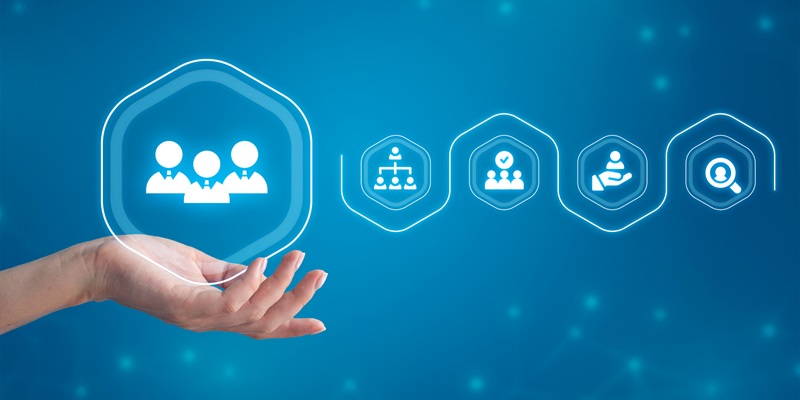In today’s fast-paced business environment, the role of Human Resources (HR) has become increasingly complex. To navigate through various HR tasks efficiently and effectively, organizations have turned to HR software solutions. These digital tools have evolved over time, becoming more efficient and streamlined. This article delves into the world of HR software, its different solutions, and the numerous benefits it offers organizations.
Evolution of HR Software
The advancement in technology has paved the way for highly effective HR software solutions. These digital tools have undergone significant improvements over the years, adapting to the changing needs and demands of HR professionals. With new features and functionalities, HR software has become more efficient in managing HR operations.
Human Resources Information System (HRIS)
he Human Resources Information System (HRIS) is one of the most prevalent types of HR software solutions. It serves as a comprehensive database that centralizes all employee information, streamlining the management of employee records, performance evaluations, and training programs. HRIS eliminates the need for manual record-keeping, making HR processes more efficient and accurate.
Human Capital Management (HCM)
Another widely adopted solution is Human Capital Management (HCM) software. While HRIS focuses on employee records, HCM software goes beyond that, concentrating on the entire employee journey within an organization. It encompasses talent acquisition, onboarding, performance management, compensation, and succession planning. HCM software provides a holistic approach to HR management, facilitating better employee engagement and development.
Considerations for Investing in HR Software
When contemplating the decision to invest in HR software, organizations need to evaluate their specific needs and consider practical factors. Factors such as company size, budget, and specific HR requirements should be taken into account. Additionally, assessing the potential return on investment (ROI) and long-term benefits of implementing HR software is crucial.
Streamlined Tasks and Enhanced Efficiency
One of the most obvious benefits of HR software lies in its ability to streamline various HR tasks, enhancing the overall efficiency of the HR team. Time-consuming administrative tasks, such as filling out paperwork, tracking attendance, and managing benefits, can be automated with the help of HR software. This frees up valuable time for HR professionals to focus on strategic initiatives and employee development.
Tracking employee engagement: HR software excels at tracking various aspects of employee engagement, including performance and attendance. It allows HR managers to monitor employee productivity, identify areas for improvement, and provide timely feedback. Additionally, HR software often includes features like employee self-service portals, enabling staff to access their personal information and manage their own benefits, leave, and performance goals.
Organizing and Storing Employee Data Securely
HR software plays a pivotal role in organizing and securely storing employee data, making it easily accessible and safe from misplacement. With robust data management systems, HR professionals can effortlessly retrieve information, generate reports, and ensure data privacy and compliance with relevant regulations, such as GDPR.
Reducing Errors and Improving Productivity
Errors in HR operations can be costly for organizations, leading to delays, compliance issues, and even legal complications. HR software helps reduce the chances of human error by automating routine tasks, enforcing standardized processes, and providing real-time data. By streamlining workflows and promoting accuracy, HR software improves productivity, ultimately saving the company time and money.
Ensuring Regulatory Compliance
Through its ability to closely monitor employees and company operations, HR software can ensure that regulatory requirements are consistently met. From tracking employee certifications and training to managing compliance with labor laws and industry regulations, HR software provides a comprehensive system to ensure legal compliance and mitigate organizational risk.
HR software has revolutionized the way HR teams streamline operations and optimize efficiency. With the evolution of HR software solutions such as HRIS and HCM, organizations gain numerous benefits, including streamlined tasks, enhanced employee tracking, organized data storage, decreased errors, improved productivity, and ensured regulatory compliance. As businesses continue to embrace digital solutions, implementing HR software has become vital for HR departments to thrive in the modern workplace.

